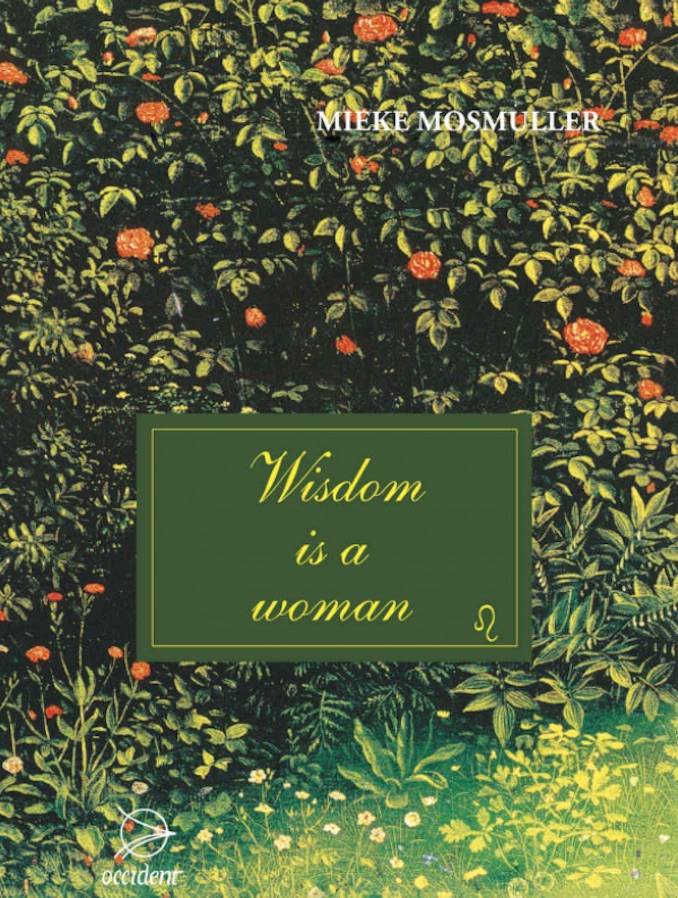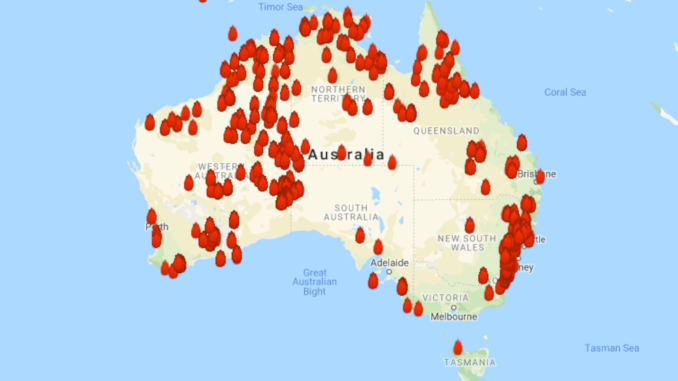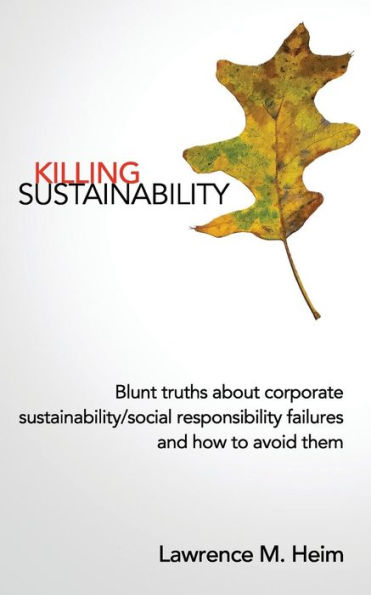“I see you in a thousand pictures,
Mary, lovingly expressed,
But none of them can describe you
As my soul sees you.
I only know that since then it seems
the tumult of the world is blown away like dreams
And a heaven too sweet to name
Lives forever in my heart”
~ Georg Friedrich Philipp von Hardenburg (Novalis), from Spiritual Songs
By Catherine Austin Fitts
Wisdom is a woman by Dutch author Mieke Mosmuller is the story of twin sisters, Agnes and Maria. They are raised in the Dutch countryside. Their parents are farmers and practice Catholicism. Their father is a remarkable man of faith whose kindness and gentleness brings them in touch with the power of spiritual enlightenment. The simple beauty of the farm—and their talks with their father under the apple trees—bring them close to nature and living things.
As the sisters grow up, they move to the city to study and become successful doctors and surgeons. They marry and have children. They enter a life of materialism and sophisticated intellectual pursuits. After their father dies, they are increasingly dissatisfied with the nature of their adult lives and seek to find a way to integrate the beauty and power of their father’s faith and spiritual accomplishments into an intellectually sophisticated life. This search leads them to guidance from the work of Rudolf Steiner.
This book was given to me by a Dutch friend. On one hand, I found it intriguing. On the other, I found it frustrating, as I am not much for most philosophy or overabundant personal soul-searching. A great deal of the book seems indulgent to me—perhaps reflecting the fact that at the time I was most likely to do this type of soul-searching in a mid-life transition, I was instead busy dealing with subpoenas, being run off the road, having my personal possessions stolen, or figuring out how I was going to earn enough money to buy food and pay the utilities that week. Dealing with life-and-death threats keeps you grounded.
I had to plow all the way through the book to see its brilliance and to recognize that Mosmuller is in fact dealing with the essential challenge before us. How do we grow out of hypermaterialism into a human civilization that combines powerful spiritual faith with an intellectual capacity to manage and deal with advanced technology in a global society? How do we get out of the modern trance without understanding that we are in it, or before we understand the reality of what is possible in the invisible realms of our being and the living fields around us?
As twin sisters Agnes and Maria struggle within their intimate family lives to transform spiritually and help each other do this, I am reminded of our tag line at Solari, “helping each other live a free and inspired life.” There is a powerful love to be created in helping each other be free. We are indeed in this together, and our way through is to be found through our connection with each other.
The bond between these twin sisters invokes Browning’s Sonnet VI:
“Go from me. Yet I feel that I shall stand
Henceforward in thy shadow. Nevermore
Alone upon the threshold of my door
Of individual life, I shall command
The uses of my soul, nor lift my hand
Serenely in the sunshine as before,
Without the sense of that which I forbore—
Thy touch upon the palm. The widest land
Doom takes to part us, leaves thy heart in mine
With pulses that beat double. What I do
And what I dream include thee, as the wine
Must taste of its own grapes. And when I sue
God for myself, He hears that name of thine,
And sees within my eyes the tears of two”
~ Elizabeth Barrett Browning
Author’s Website:
Buy the Book:








“There is a powerful love in helping each other be free.”
Never a truer sentiment, Catherine, or one which raises us closer to our highest potential.
Thank you.
🙂